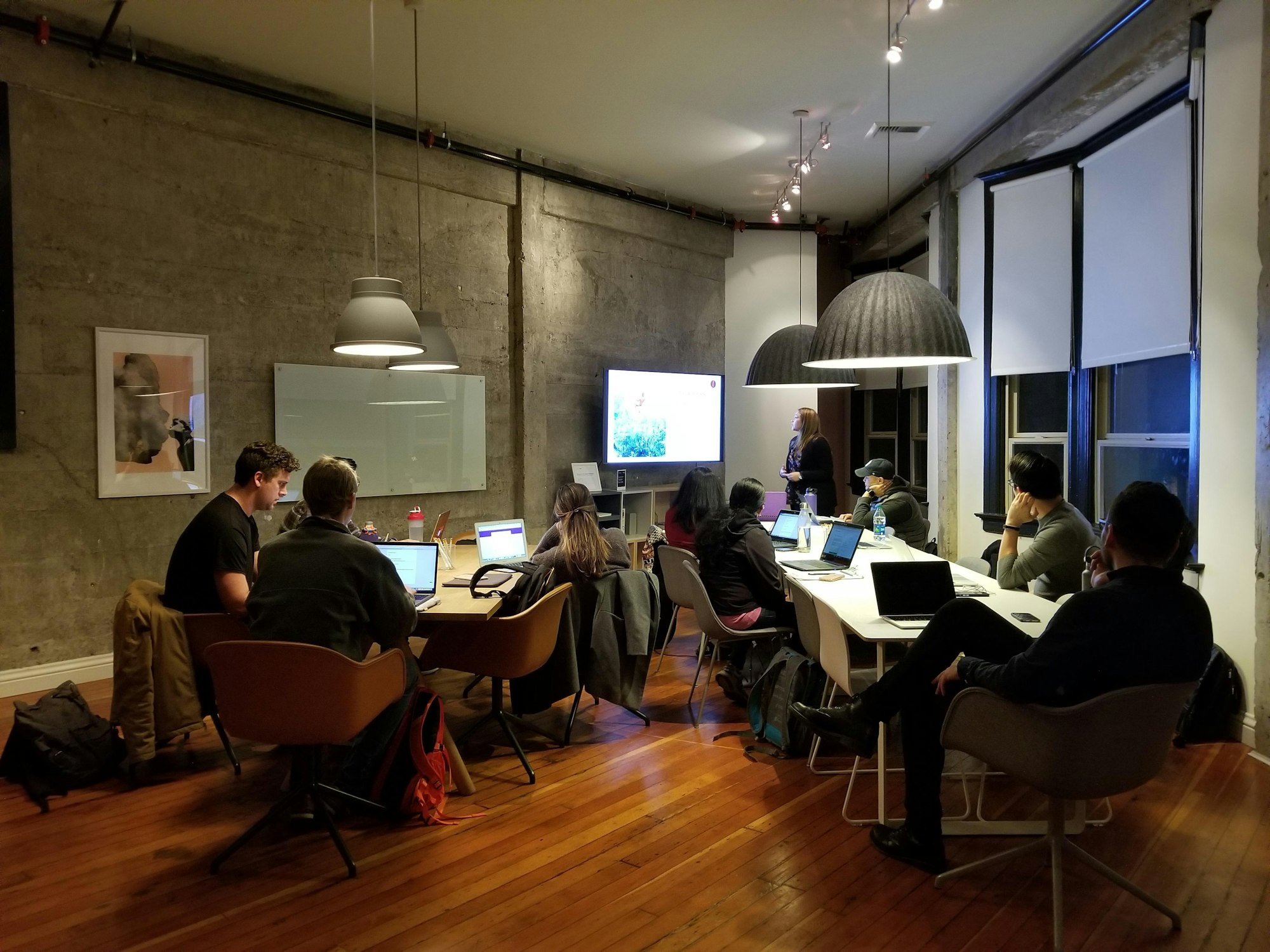By now, there are a handful of nations that has announced their National AI Strategy. Going into the individual nation's AI Strategy is what I am keen on doing later on but I will like to discuss how I will build up a national talent pool and the thought process behind it. The main objective of this post is just to sharpen my thought process by inviting more perspectives.
For any national AI Strategy to work, a ready-to-deploy talent pool is required so as to entrench (attract and retain) related industries in the respective economy. Let's face it, why nations are pursuing AI Strategy at the end of the day is to firstly grow the economy and earn through taxation, and secondly to gather and retain more jobs preferably for locals.
Before we get into how to develop the talent pool, let us explore the AI job in general. The skills required to deploy AI will be moving towards the cognitive skills and less on the technical skills going forward. However, this is not saying that a deep technical foundation is not required. Moreover, even if currently AI is taught mostly in the computer science pillar, there is no denying that AI is multi-disciplinary. What does this translate? That enough time must be given for passionate participants to pick up, understand, apply and gain sufficient competencies. This is especially true for those getting into their late 30s and beyond. And not forgetting that, lifelong learning right now is a new paradigm for the majority and they now have to dust off their learning engine and restarting it again!
Ok, we should have all the context we need! Let's start! :)
Building an Academy
I strongly believe that in order to build a talent pool, a more concentrated and focused effort is needed and thus I propose that government who are keen to build a viable talent pool that can attract AI investment to build up an Academy instead with Chapters set up in the relevant cities to cater to these investments. Why so?
Marketing
A central academy can plan on how to set the 'marketing' message out to the population and local corporations, ensuring that they have a good understanding on what AI is and not let them be led by their noses through the marketing messages from software and hardware vendors instead.
Through well-crafted marketing/education campaign, population can make a better decision on whether an AI job is what they will like to work on and how to start the career journey, and for corporates to know where AI can be deployed for value generation.
Curriculum
A central academy can have a lot more control on the most important part of training and that is the curriculum. A strong curriculum design can ensure that participants joining the training programs are taught the relevant skills and knowledge, and these are brought across with effective delivery methods.
Through a strong curriculum, the academy can build knowledgeable and competent talents that can fulfill the requirements from the AI jobs brought in by investments.
Trainers
Similar to curriculum, good trainers are scarce resources. The academy will need trainers that has relevant experiences, and are passionate, willing and effective in training. If you do a Venn diagram for these two factors, I can safely say the overlap is pretty small. This is true in most countries that I have seen.
Since good trainers are a scarce resource, having them all concentrated in an Academy will allow longer deployment period, ensuring a continuous transfer of skills, knowledge and best practices being transferred to the participants.
Internships & Consulting
If I were a business owner and looking to deploy AI, I will definitely need some consultation, since I have no idea how to start, and also need to hire manpower first. Having a centralised Academy will cut down the search costs of business in looking for consultation and hiring skilled manpower.
The Academy will firstly cut down search costs by reducing the choices available upfront. Business will know going to the Academy is the first thing to do if they are clueless on the deployment and selecting the needed talents. The Academy also cuts down the search cost by curating and selecting the relevant consultants (being the experienced trainers) and trained talents for the project and internships.
Conclusion
I do believe that a national level Academy will bring about a lot of benefits and advantages in developing a talent pool for any nation's AI strategy. With this method, even though it might not scale easily, it will ensure good talents are developed that can fulfill jobs. When these jobs are fulfilled well, by word-of-mouth or reputation, companies will want to invest and set-up, willing to (certain extent, of course) wait for talents to develop.
With a good (big or small) talent pool at hand, nation can start having an AI use case library that can then contribute to building up a relevant AI Governance framework that does not stifle innovation, ensuring that benefits are brought out and risks are well-managed.
One risk that I can see from proposing a centralised Academy is it forms a single point of failure and thus I do not deny that for this to work, devils is in the planning and how to find the best people to come together and set this up.
Your thoughts? Will be keen to hear, especially if you are from any government agencies that can provide an internal perspective. :)
Please feel free to link up on LinkedIn! I also have a podcast and YouTube channel as well, and will try my best to update them. If you stumble to this post through search engine, consider signing up for my newsletter (see below) to stay in touch!
Consider supporting my work by buying me a "coffee" here. :)
